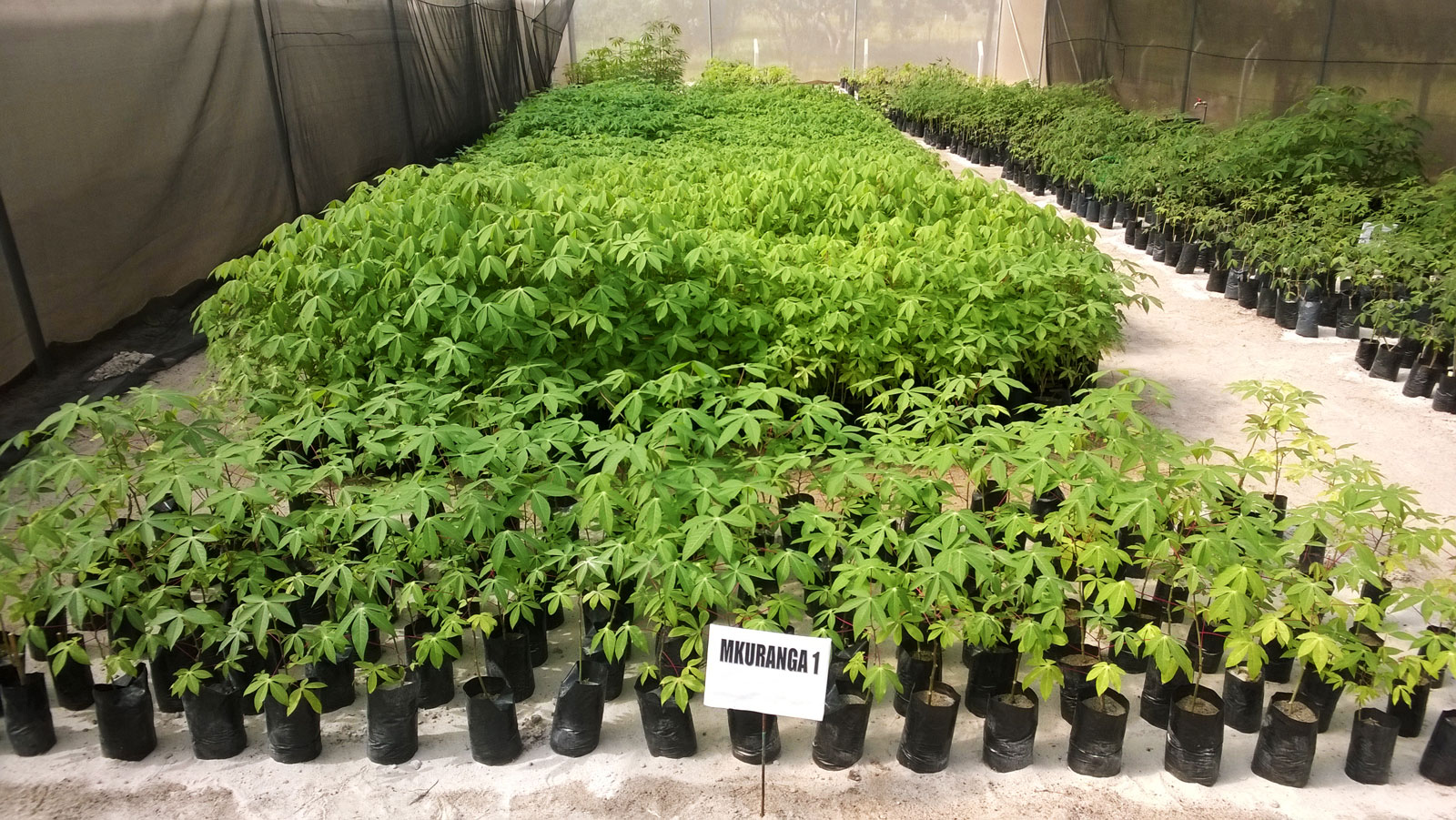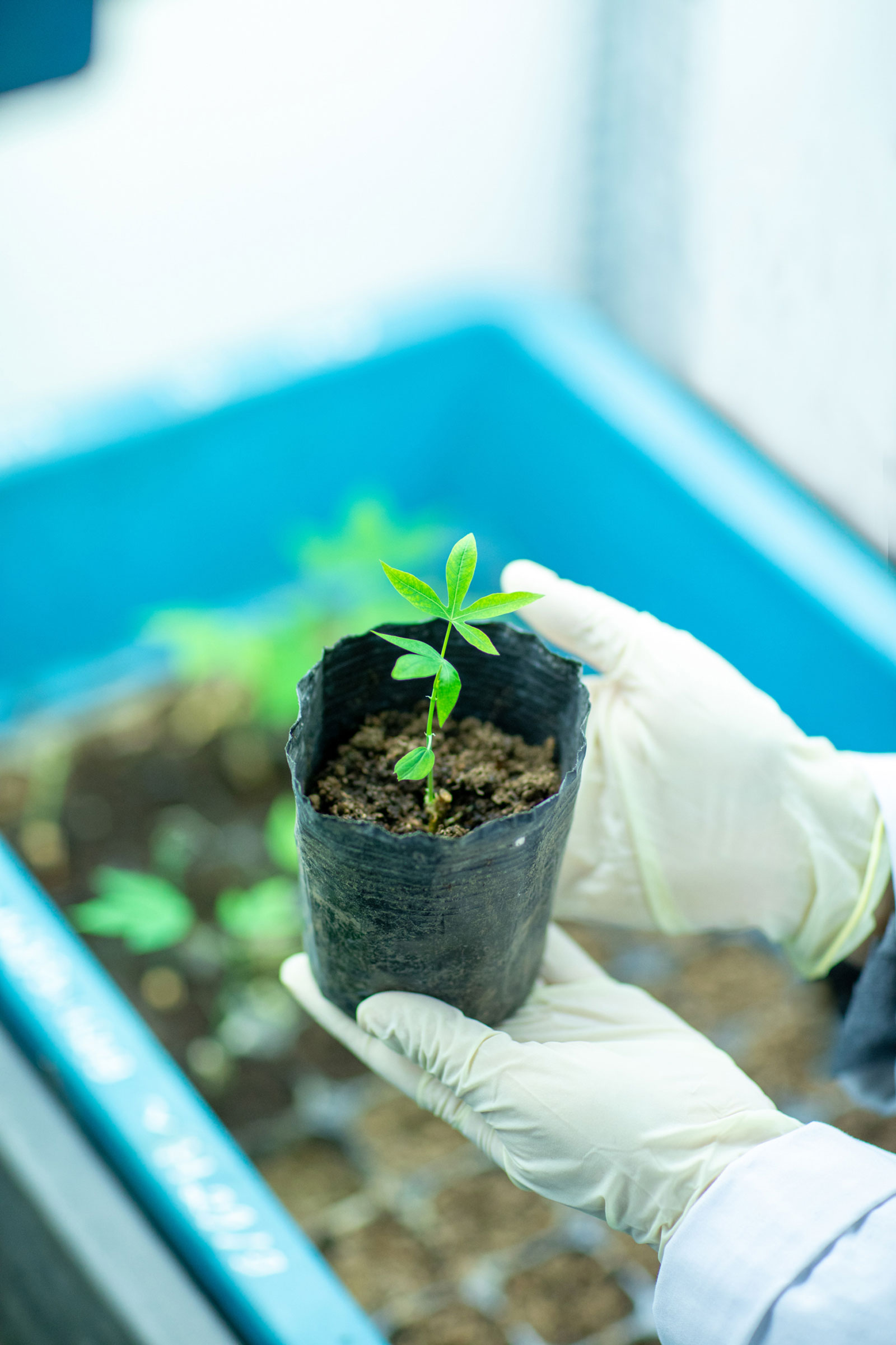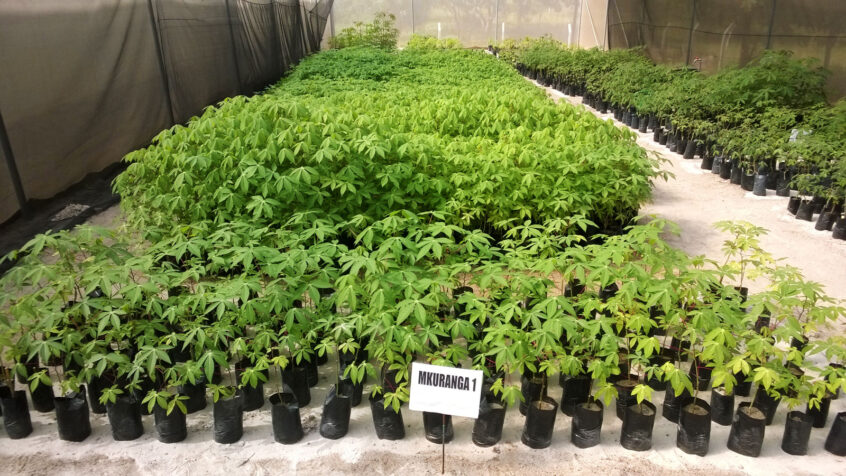Seed systems for vegetatively propagated crops (VPCs) are often governed by laws designed with cereal crops in mind. As a result, rules and guidelines may be less suited for VPC seed, which is bulky, perishable, and prone to spreading diseases. VPCs need seed regulations designed specifically for vegetative planting material. For example, VPC seed regulations should emphasize quality testing and certification for early generation seed (EGS) more intensively than for lower seed classes. Targeted, evidence-based policy recommendations are helping to improve regulatory frameworks for VPCs in Tanzania, Rwanda, Nigeria, and Vietnam.

In many countries, seed quality assurance systems, including testing and certification protocols, are based on technical experience with cereal and pulse crops. Vegetatively propagated crops (VPCs) have distinct types of planting materials, which means that this experience is often unsuitable to the design and implementation of VPC-specific seed quality assurance systems. To ensure that quality VPC seed production and distribution are subject to appropriate rules and regulations, RTB teamed up with the CGIAR Research Program on Policies, Institutions, and Markets (PIM) to conduct a qualitative analysis of seed policy and practice, focusing on cassava in Nigeria, potato in Kenya and potato and cassava in Vietnam.
Results from the RTB-PIM study indicate that across all three countries, VPC seed quality assurance systems are not only too stringent but are also difficult to implement and monitor. This can be prohibitively costly for many seed producers, leading to the continued movement of seed through informal channels. These channels—often vibrant, bustling local market exchanges—rely on trust among seed producers, traders, and farmers that are developed through long-term relationships. As such, there are good reasons to maintain and strengthen informal channels, while also strengthening the formal system in an integrative and supportive manner.

Unfortunately, informal channels work better at local scales. Wholly unregulated, large-scale, long-distance seed trade, including cross-border movements of seed, can contribute to the spread of pests and diseases, as experienced with cassava mosaic disease (CMD) in Vietnam. Seed systems at a local scale may not be able to keep pace with government strategies to expand production while managing new threats such as climate change and emerging pests.
VPC seed quality assurance systems need to strike a careful, but sensible balance between permissive rules at a local level and stricter regulations at the national and regional levels. At present, however, few countries have found this balance, with most still promoting strict and centralized quality control regulations that no one can comply with.
The alternative is a more permissive regulatory regime with decentralized production systems, grassroots capacity development, market surveillance, and quality assurance systems that integrate internal quality assurance (managed by seed producers) with external quality assurance (managed by government regulators).
Tanzania may have found the balance between over-regulation and none. New seed regulations were introduced as part of a larger upgrade of the cassava system. Farmers were not used to buying cassava seed, which they sourced from local farms. From 2013, IITA and Mennonite Economic Development Associates (MEDA) worked closely with the Tanzania Official Seed Certification Institute (TOSCI) and the Tanzania Agricultural Research Institute (TARI) to develop a network of seed inspectors and entrepreneurs as part of a BMGF-funded project, ‘Building an Economically-Sustainable Seed System in Tanzania for Cassava’ (BEST Cassava). BEST Cassava set up the Cassava Seed Growers’ Association, to help seed entrepreneurs coordinate inspections from TOSCI. By 2020 new regulations for potato, sweetpotato and cassava covered all seed classes, from breeder to quality declared seed (QDS), a seed class one step below certified seed. TARI, TOSCI, MEDA and IITA formed a cassava advocacy team that encourages district councils to promote the production and processing of commercial cassava. The team trains farmers to make more money from cassava, by using disease-free, certified seed.
The Tanzania experience was valuable for Rwanda, where viral diseases had severely impaired cassava production. In 2017 the IITA-led Cassava Brown Streak Disease (CBSD) Control Project supported the development of cassava seed standards, with an emphasis on inspections to guarantee that cassava seed is disease-free, with a preference for disease-tolerant varieties. Regulations also allow QDS. These standards were approved by the Rwanda Standards Board (RSB) in 2018. Rwanda was able to act quickly, within a year, because of the example set by the successful model piloted in Tanzania.
Where there are few threats from plant health problems, a more permissive, seed regulation policy makes sense. However, major pest and disease threats can be managed in part by enforcing seed quality control. International borders are a critical point to apply strict quality control to minimize the risk of long-distance spread of pests and diseases of VPC seed. More permissive and cost-effective seed policies remove a key bottleneck to broader adoption of quality seed of improved varieties
SHARE THIS

